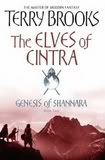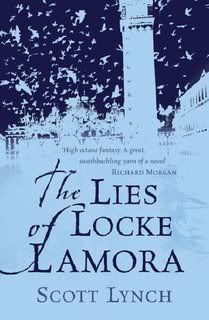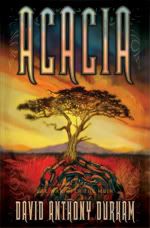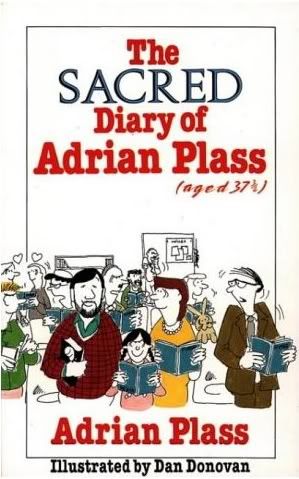"The Elves of Cintra" by Terry Brooks
 (This review also includes the prequel, Armageddon's Children--I read both books back to back and the story flows so well that it's hard to distinguish where one book ends and the other begins, so no spoilers for either!) (This review also includes the prequel, Armageddon's Children--I read both books back to back and the story flows so well that it's hard to distinguish where one book ends and the other begins, so no spoilers for either!)I didn’t rush out to buy Armageddon’s Children when it first came out for the simple reason that I wanted to wait until the entire trilogy was released. There aren’t many books I will do this for, but Terry Brooks’ “The Word and the Void” series is one of them. For those of you who may not be aware yet, the “Genesis of Shannara” is a trilogy written to link two of Terry’s best series together. Set after the events “Angel Fire East” and before the world of the Four Lands, Armageddon’s Children and Elves of Cintra follow the journeys undertaken by two Knights of the Word in a post-apocalyptic world. To some the premise of linking the two series together (rather than writing a straight sequel to the original Word and Void) may seem like a bit of a contradiction for an author who usually prefers to let his readers fill in the blanks. However, any misgivings are sure to disappear just a few pages into Armageddon’s Children. Any worries or disappointments at Terry’s latest works like Straken are sure to fade, as it is soon delightfully obvious that he is back on top form. Despite Brooks’ entertaining Shannara and Landover series, Word and Void is where he really shines. This new series is a lot bleaker than the original trilogy, as the future foreseen in them has come to pass. Arthurian themes have diminished considerably, replaced instead with Messianic themes and references to Exodus (which were quite painful to read, I must admit)—not particularly disappointing, but not exactly subtle. Subtlety is also lacking with just about any reference to things relating to Shannara. Small things that could easily be picked up by regular Brooks readers seemed to have been signposted in huge fluorescent letters. Don’t expect Lynch-like subtlety from Elves of Cintra or Armageddon's Children.  Most of the characters aren’t generally likeable, but they are interesting in their own ways. Every character has an event in their background that has shaped them dramatically, and breaks are often taken to explore relevant characters’ backgrounds through passages bearing some resemblance to “dream sequences” the Knights of the Word experience. Most of the characters aren’t generally likeable, but they are interesting in their own ways. Every character has an event in their background that has shaped them dramatically, and breaks are often taken to explore relevant characters’ backgrounds through passages bearing some resemblance to “dream sequences” the Knights of the Word experience.But it’s not even the characterization that places this book above par. It’s the action and the tension—there’s a constant “all or nothing” approach to the situations all the characters are facing. Things I’ve been wondering in my fanboy-like of moments are acted out; questions that have been tossed about by fans for years have been addressed and at times it feels like an adrenaline shot. Rationale: It was very hard to pinpoint exact things that made Elves of Cintra and its predecessor such a great read, but that is probably because even as a reviewer my mind was drawn away from the artifice and into the story. Score: Highly Recommended It’s important to stress at this moment, that Armageddon’s Children is a book anyone can pick up and enjoy, with no prior knowledge of Terry’s other works. Paperbacks of Armageddon’s Children are now available, and Elves of Cintra is released in the United States and Canada on the 28th of August. Labels: fantasy, fiction, Highly Recommended, review, Terry Brooks |


















